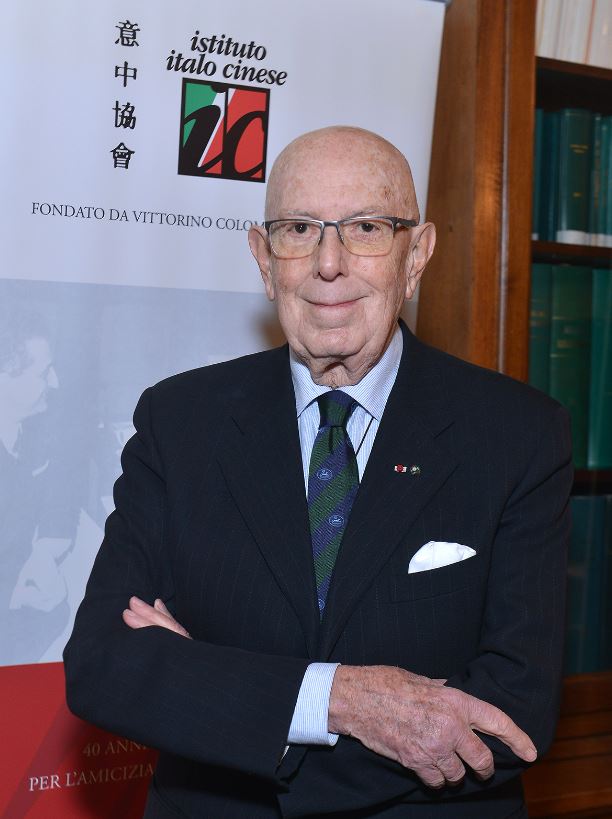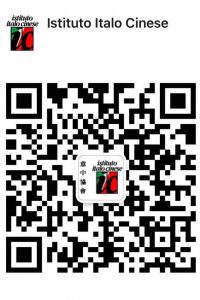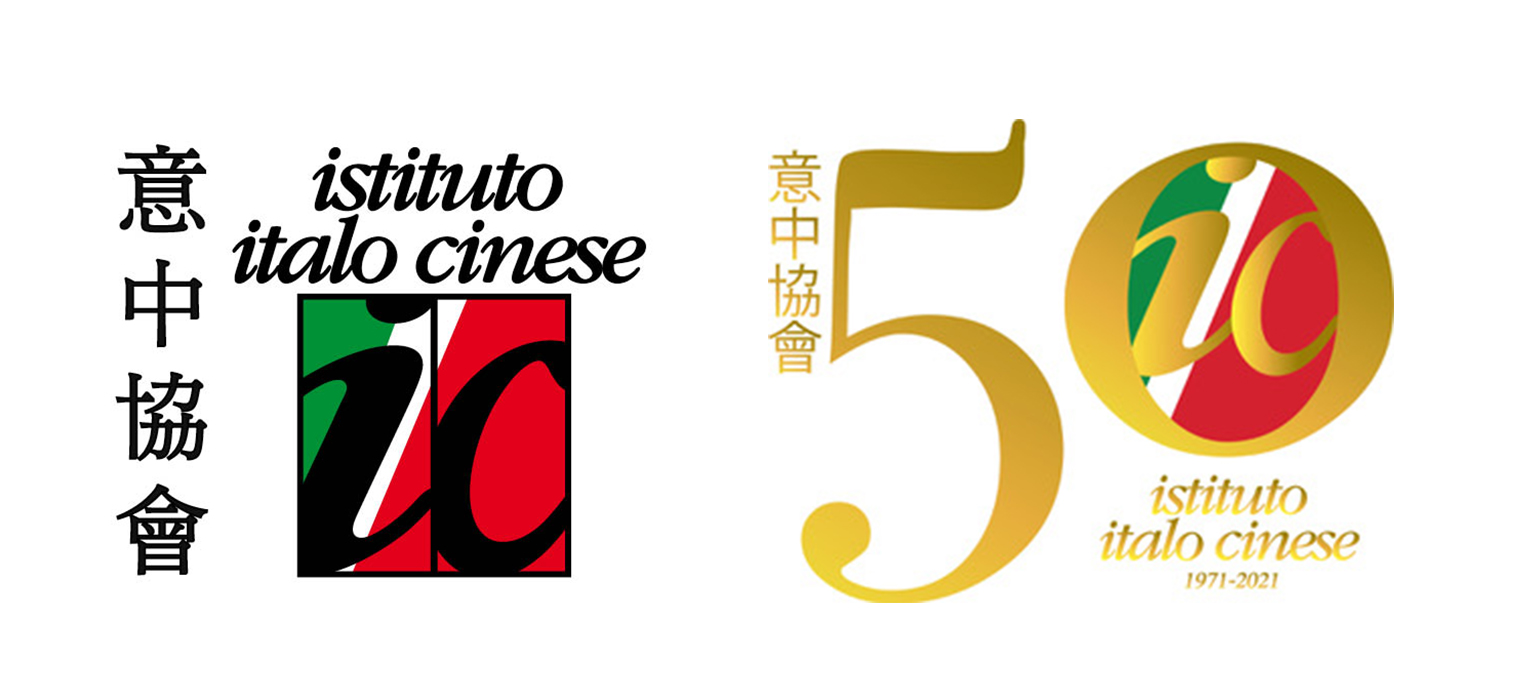About us
The Genesis
The foundation of the Italy-China Institute for economic and cultural exchanges dates back to March 17th, 1971, by the President Vittorino Colombo.
The then Foreign Minister felt the need of integrating the standard diplomatic activity with a specific action for the promotion of relationships between the two countries. Therefore, he designated Vittorino Colombo to develop such action, entrusting him of a sort of an unofficial investiture by the government and major parties, which effectively guaranteed him a unique “monopoly” in relationships between Italy and the Chinese People’s Republic.
Colombo deeply believed in the entrusted mission. He founded the Italy-China Institute, next to the existing Chamber of Commerce, becoming the pioneer of new relationships between the two countries and helping to open a breach in the “bamboo wall” that kept separated China from the rest of the world.
After the death of the President (June 4th, 1996), the Institute become Vittorino Colombo Institute for the development of cultural, economic and political relationships with the Chinese People’s Republic, briefly referred to as the Italy-China Institute.
An ideological and operational commitment that the Institute has faithfully maintained over the years, with various initiatives and a strong collaboration between the two populations and the two countries.
L’allora Ministro degli Esteri avvertì la necessità di integrare la normale attività diplomatica con un’azione specifica per la promozione dei rapporti tra i due paesi. Incaricò, perciò, Vittorino Colombo di sviluppare tale azione, affidandogli una sorta di investitura ufficiosa da parte del governo e dei partiti di maggioranza, che di fatto gli garantì per molti anni un singolare “monopolio” nelle relazioni tra l’Italia e la Repubblica Popolare Cinese.
Colombo credette profondamente alla missione che gli era stata affidata – fondò l’Istituto Italo Cinese accanto alla già esistente Camera di Commercio che rilanciò – diventando il pioniere di nuovi rapporti tra i due paesi e contribuendo ad aprire una breccia nel “muro di bambù” che teneva separata la Cina dal resto del mondo.
Dopo la scomparsa del Presidente (4 giugno 1996), l’Istituto è diventato Istituto Vittorino Colombo per lo sviluppo delle relazioni culturali, economiche e politiche con la Repubblica Popolare Cinese, brevemente indicato come Istituto Italo Cinese.
Un impegno, ideologico e operativo, che l’Istituto ha fedelmente mantenuto in tanti anni, con molteplici iniziative e con intensi rapporti di collaborazione tra i due Popoli e le due Nazioni.
A present that comes from afar
On November 6th, 1970 Italy and China got in touch with each other establishing diplomatic relations and exchanging Ambassadors; almost hereinafter, Italy also voted for the admission to the UN of the Chinese People’s Republic, as an original member.
We can say that the mutual knowing between Italy and China has its roots in a distance past. In fact, it is certain that, at the moment of the coronation of Emperor Augustus (Rome, 117-138 AD), some Celestial Empire-“sent” (Han dynasty) were present. The strong and frequent relationships between Italy and China relied on an important documentation that crosses several ages and reaches its climax with the stays of Marco Polo and Matteo Ricci.
Since then, Italy-China relationships and collaborations are an ongoing and multifaceted realty, that the Institute has devoted and keeps devoting an attentive haste, with mutual exchanges at each level, in order to reaffirm a profitable friendship through different activities.
Si può dire che la reciproca conoscenza tra Italia e Cina affondi le sue radici nel tempo più remoto. È certo, infatti, che all’incoronazione dell’Imperatore Augusto (Roma, 117-138 d.C.) fossero presenti “inviati” del Celeste Impero (dinastia Han). Gli intensi e frequenti rapporti tra Italia e Cina sono affidati a una documentazione rilevante che attraversa disparati secoli e che raggiunge il proprio apice con i soggiorni di Marco Polo e Matteo Ricci.
Da allora le conoscenze e le collaborazioni italo-cinesi sono una perdurante realtà sfaccettata alla quale l’Istituto ha dedicato e continuerà a dedicare attenta sollecitudine, con reciproci scambi a ogni livello, per riaffermare un’”amicizia” proficua mediante diverse attività, anche grazie alla recente nomina del nuovo Presidente, Cav. Mario Boselli.


